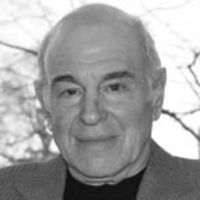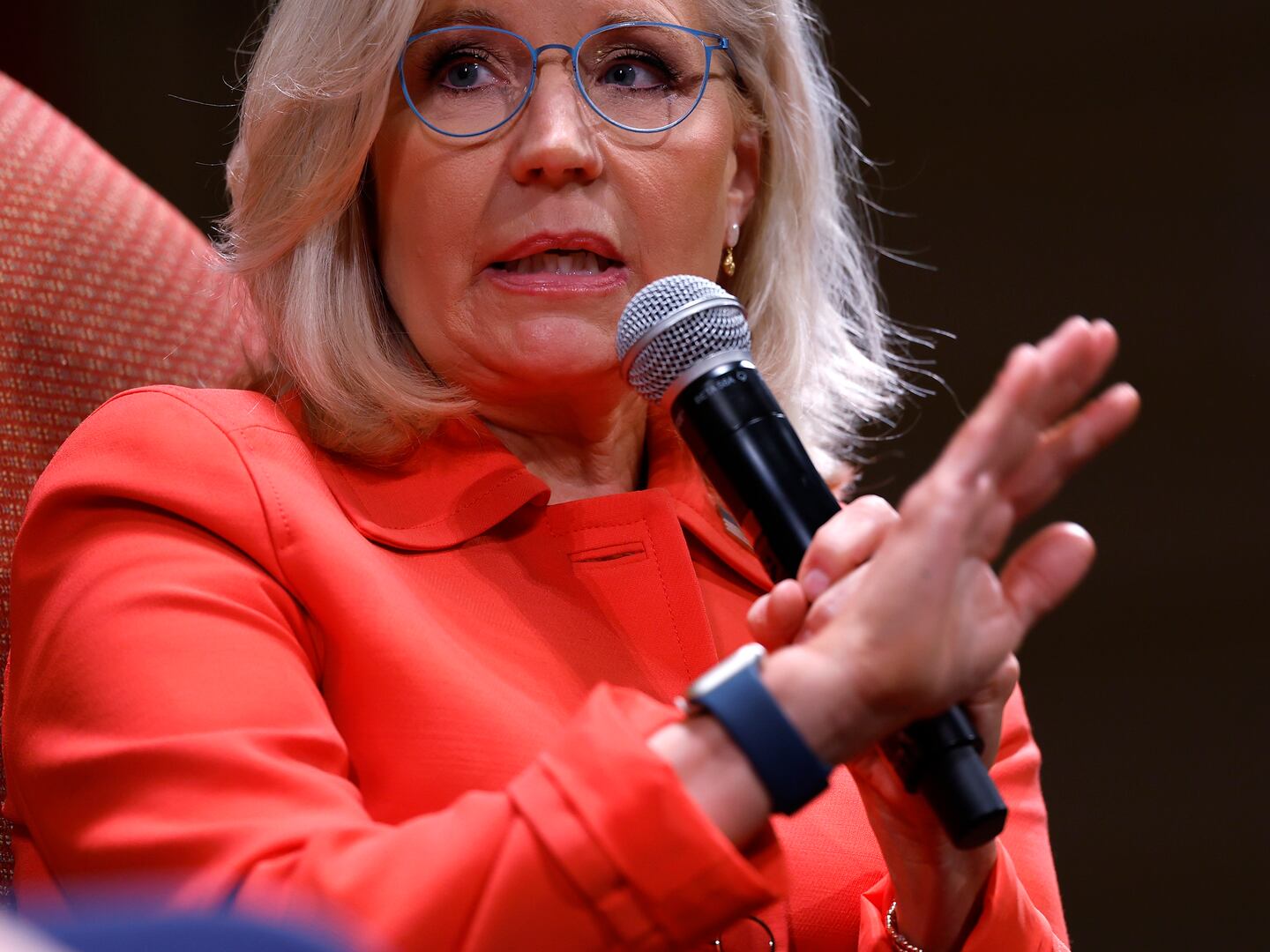Politics
Photo Illustration by The Daily Beast
Why Robert Mueller May Have to Give Donald Trump Immunity
OPEN UP
If the president fights a subpoena, the special prosecutor can make him a deal: Testify and it won’t be used against you (sort of).
opinion

Trending Now





